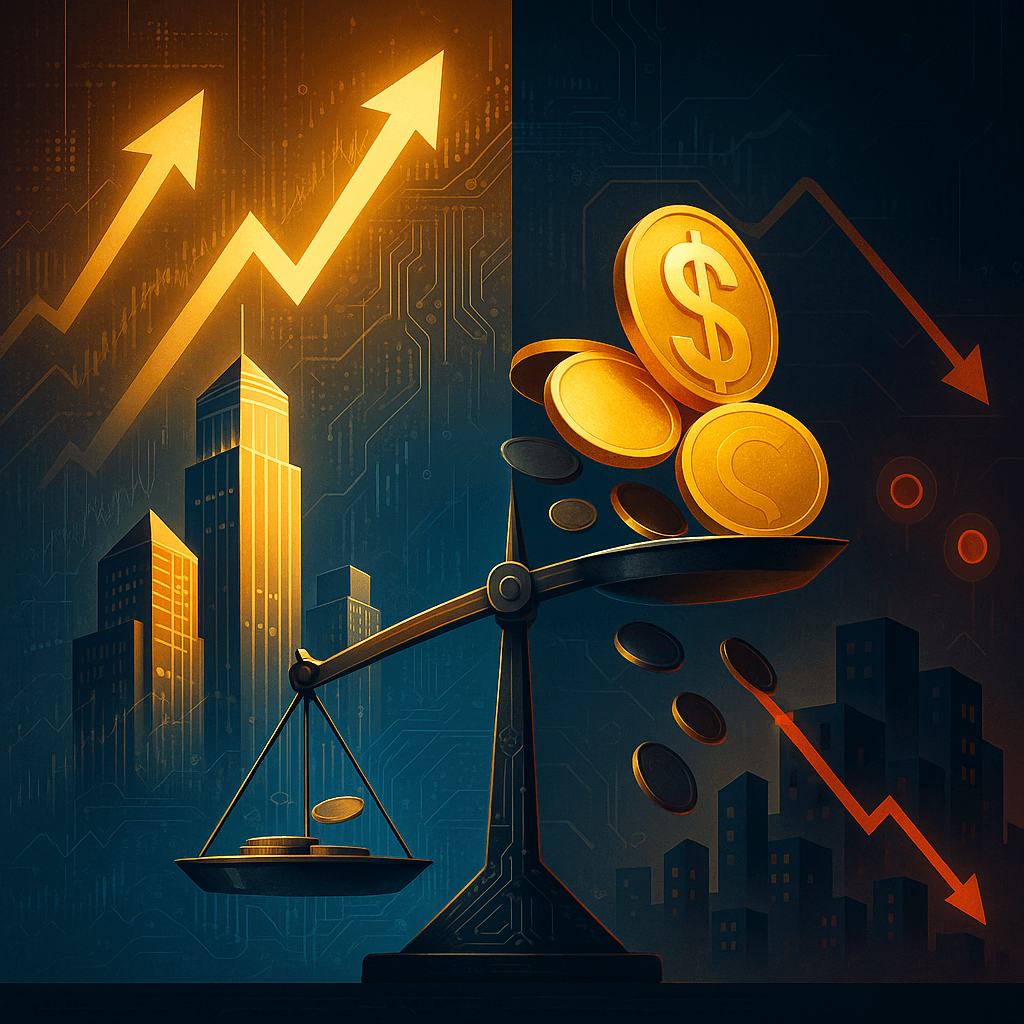Wall Street is playing favorites with AI investment stories. While Amazon, Google, and Microsoft get rewarded for massive capital expenditure hikes, companies like DoorDash and Duolingo are getting crushed for similar spending plans. The market's brutal double standard reveals how scale determines investor patience in the AI gold rush.
The AI spending divide couldn't be starker. Last week's earnings season exposed Wall Street's brutal double standard - hyperscalers get standing ovations for their AI investment plans while smaller companies get shown the exit.
DoorDash took the hardest hit, crashing 17% on Thursday in its worst single-day drop since going public five years ago. The food delivery giant's crime? Announcing plans to spend "several hundred million dollars" on new products and technology next year. CEO Tony Xu defended the strategy, telling investors the company has "some success in repeating this playbook, and we're doing this now for future growth."
But analysts weren't buying it. Gordon Haskett maintained their Hold rating, writing they "see limited multiple expansion opportunity until there is greater clarity surrounding how long investments could weigh on margins." The selloff came despite DoorDash's aggressive expansion into autonomous delivery with its Dot robot launch and $5.1 billion in acquisitions of SevenRooms and Deliveroo.
Duolingo suffered an even worse fate - losing a quarter of its value in what became the language learning app's worst day as a public company. The irony? Duolingo actually beat revenue and bookings expectations. But CEO Luis von Ahn's admission that the company is "shifting the trade off to be much more towards user growth" over monetization sent investors fleeing.
"There are experiments that put monetization and user growth at odds, and part of my job has been, always, arbitrating between these two," von Ahn told CNBC. The company has been pouring money into AI features like interactive video calls to win paying subscribers, but KeyBanc Capital Markets downgraded the stock, warning it "might take several quarters to see more meaningful financial benefits."
Meanwhile, the hyperscalers are getting completely different treatment. Amazon and Google both rallied after reporting earnings in late October, despite raising their capital expenditure forecasts yet again. , valued at nearly $4 trillion, saw only modest selling pressure after guiding higher capex.












